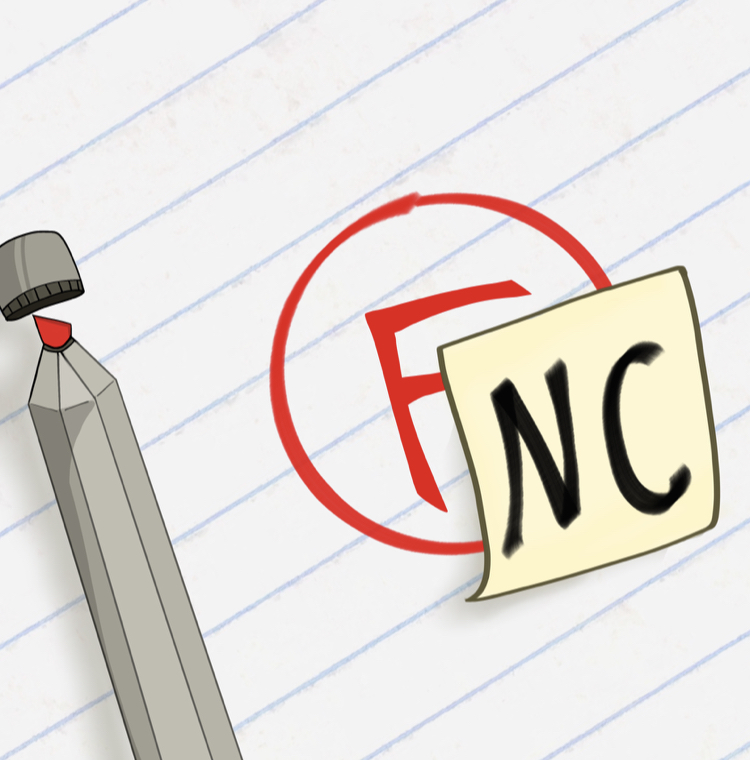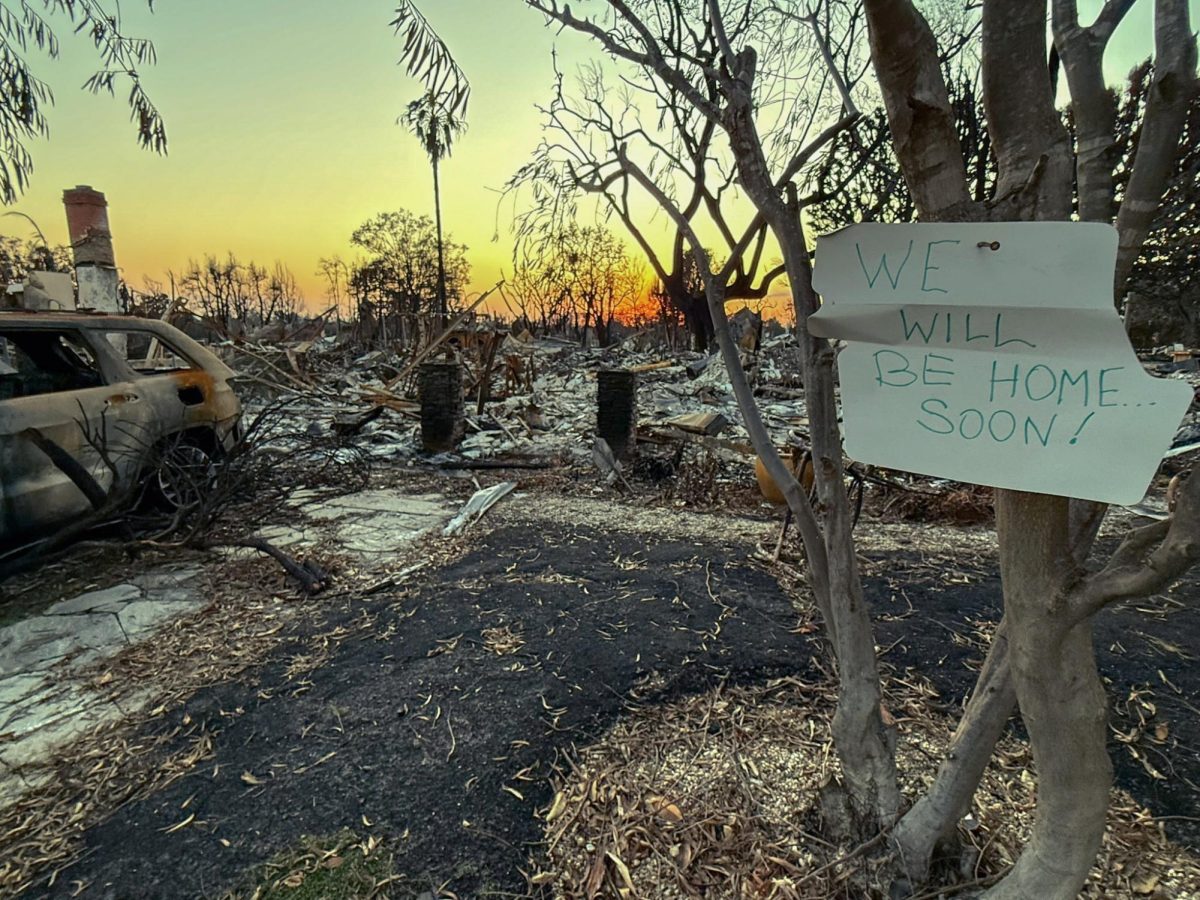Pali Board Considers Extending No-Credit Grading Policy
December 15, 2021
Last year, no student at Pali failed a class. Moreover, no Pali student is in danger of failing a class during the fall semester.
This feat is tied to a grading policy the Board of Trustees approved during the 2020-21 school year, when students and staff pivoted to eLearning.
Pali’s decision to remove “Fail” (F) grades and replace them with “No Credit” (NC) grades was implemented to ensure that students were not penalized for hardships endured when in-person learning ceased due to the pandemic.
But as students complete their first semester of returning to campus, many are wondering whether the NC grading policy will be extended into the spring semester and beyond.
The Board of Trustees will take up this issue during its December meeting.
Under last year’s altered grading policy, students could only earn As, Bs, Cs, Ds and NCs on report cards. Receiving a mark of NC in a class would not affect a student’s GPA, however, they would have to retake the class in order to receive credit.
Pali Special Education teacher Dr. Brenda Clarke saw great value in the initiative. “If a student has a good GPA, it’s very hard to get it back up when there’s an F on their transcript,” she said. “It’s a way of showing compassion and not putting permanent negative grades on them or on their transcript.”
Dr. Chris Lee, the administrator over counseling, agrees with Clarke.
“Let’s say [a student] had a really bad semester because of a mental health crisis, and they get all Fs, it could prevent them from going to college, and we don’t want that to happen,” he said.
However, not everyone is in favor of the NC policy.
Some Pali staff members said they are concerned that students might use the NC policy as an excuse to neglect their classes and grades.
Clarke admitted that “If they have a threat of an F, they might be more apt to really try to push themselves at the end and try to pull that up to an A or B.”
Effort is just one of many concerns with the policy’s extension. According to Clarke, an overflow of students who have to make up NC classes could cause mass scheduling conflicts. “We would have to re-staff teachers so that we can keep our class sizes,” she said.
Nevertheless, this new policy remains popular amongst much of the student body.
“I feel like [the NC policy] would help my mental health,” freshman Taylor Beljon-Regen said.
“The F does not reflect your self worth, and a lot of people base their self-worth off of their grades.”
Lee echoed Beljon-Regen’s sentiments.
“Having an NC grade will encourage a kid to keep going and keep trying,” Lee said. “We want grades to be motivational, and an F is not motivational. It’s anything but motivational.”













